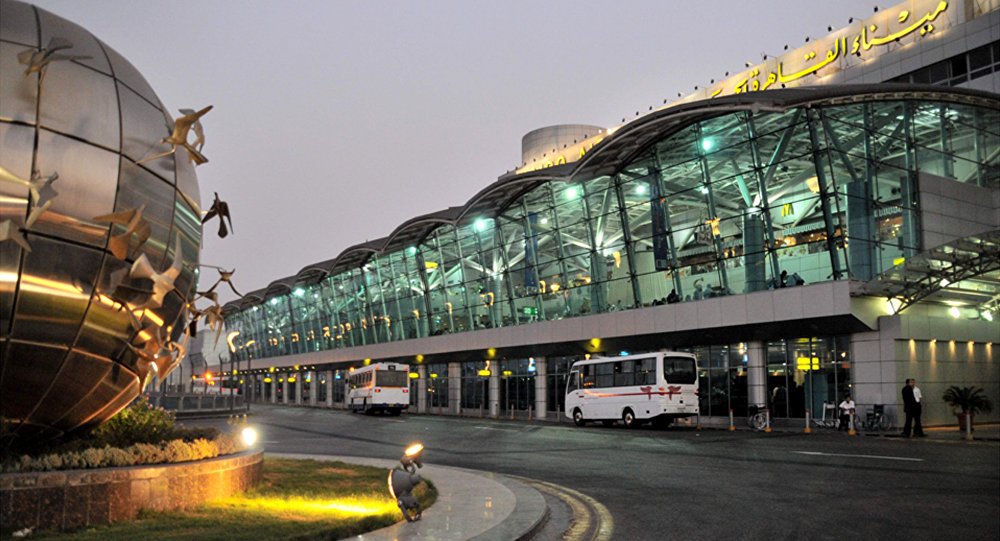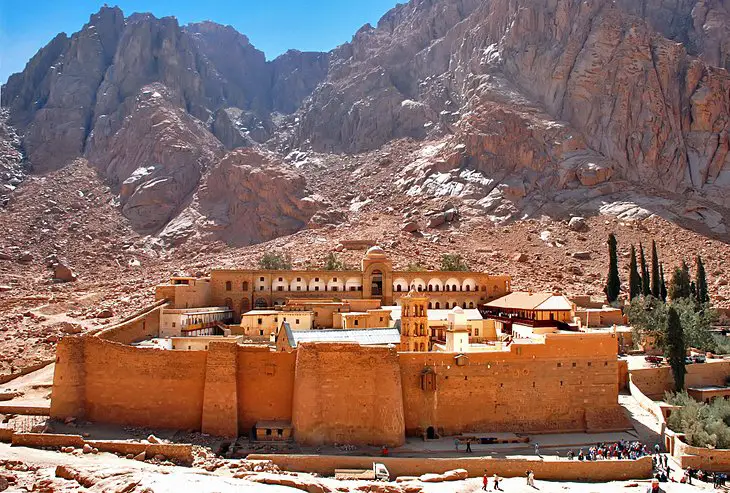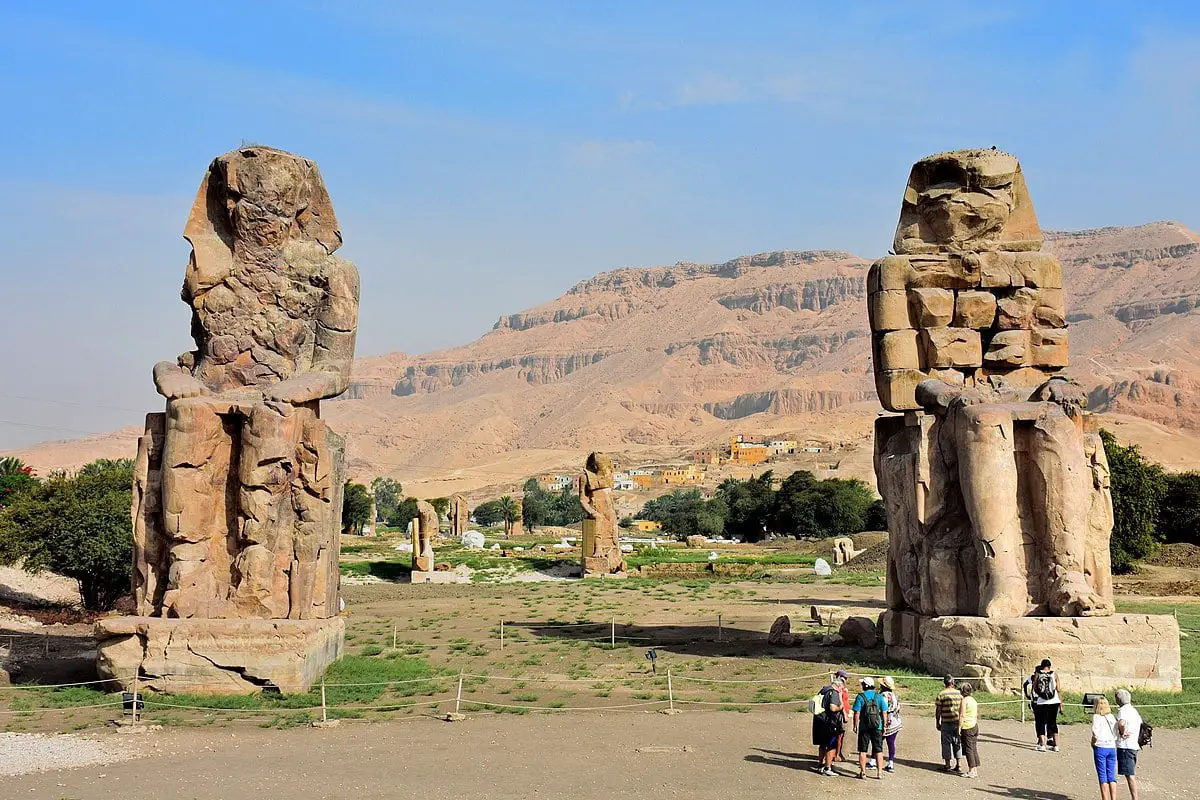How To Visit Egypt 2023

Egypt, revered as a major global tourist hotspot, offers a captivating blend of ancient heritage and contemporary cultures. As a travel destination, it holds an irresistible appeal to globetrotters thanks to its diverse attractions. Whether you’re visiting from Europe, Asia, or the Americas, entering Egypt will require you to apply for a visa, either beforehand or upon arrival depending on your nationality.
Visa Application Process for Egypt
Visitors to Egypt should carry a passport with a validity of at least six months beyond the planned date of departure. Foreign nationals are obliged to secure a visa before making their journey to the ancient land. Visa applications can be made at any Egyptian embassy or consulate globally.


Egypt provides three types of visas for non-residents:
1- Entry Visa:
This visa, valid for one month, is issued to any foreign national who enters Egypt without having previously obtained a visa.
2- Transit Visa:
This visa is issued for a limited period to non-Egyptian citizens who enter the country for transit purposes.
How to Reach Egypt
1- Arriving by air:
Though land routes are available, air travel is the most popular method for tourists to arrive in Egypt. Cairo International Airport, a major global aviation hub, offers flights from major cities such as London and New York, making Egypt easily accessible from virtually anywhere in the world.


Other international airports in Egypt include Luxor, Sharm El Sheikh, and Hurghada, with the latter two offering direct links to beach resorts. Flight frequency increases during the peak season from November to March, providing more affordable ticket options.
Passengers from specific countries can purchase a 1-month tourist visa upon arrival at any international airport in Egypt for a fee of $15. This list includes Australia, Canada, Croatia, Georgia, Japan, New Zealand, Norway, Macedonia, the Republic of Korea, the Russian Federation, Serbia, and Ukraine. Visitors from other nations need to apply for their visas through an Egyptian embassy or consulate before traveling.
2- Land Entry into Egypt


Tourists from Israel can access Egypt via the Eilat/Taba border crossing in the Sinai Peninsula, with some exceptions for holidays. The Sinai-only visa is available for passport holders from the aforementioned countries, allowing travel within the Sinai Peninsula but not across the Suez Canal. Travel to other parts of Egypt or for passport holders from other countries requires visa issuance from an Egyptian embassy or consulate, with a consulate available in Eliat.
3- Maritime Entry into Egypt
Though Egypt boasts numerous ports along the Mediterranean and Red Seas, the popularity of sea travel has diminished due to the affordability of air travel and the convenience of tour groups. The only active ferry route is from Aqaba, Jordan to Nuweiba, Sinai, as previous routes from Greece, Italy, and Cyprus have ceased operation.


Cruise ships still operate in the Mediterranean and Red Seas, with Memphis Tours offering short-term private tours for cruise ship passengers. Visas can be obtained from port authorities upon arrival.
The Arabian Bridge Maritime operates two ferries daily, with the faster option costing $75 and taking an hour. A slower ferry is available for $65, although its departure times and durations can be unpredictable. Upon arrival in Nuweiba, the eligible nationalities can purchase a full one-month visa for USD 15. The two-week Sinai-only visa is free.
Non-eligible passengers must secure a visa in advance; otherwise, they are denied boarding in Jordan. With these guidelines, planning your Egyptian voyage should be a seamless process, ensuring you enjoy the nation’s myriad offerings with peace of mind.


